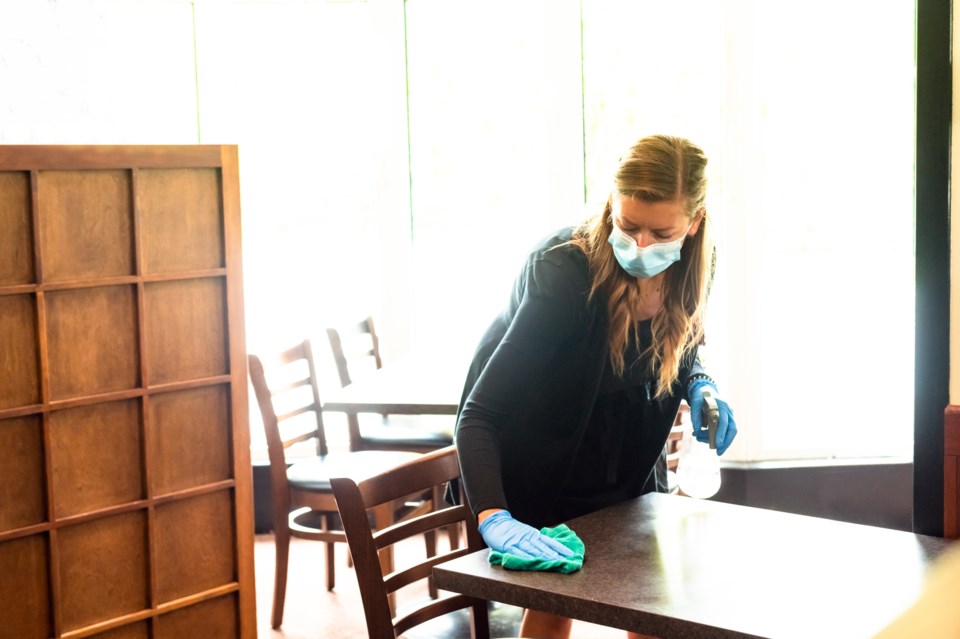The news that Vancouver Coastal Health had extended COVID-19 vaccine eligibility to all hospitality and restaurant workers across the health authority came as a welcome announcement for Justin Tisdall.
The co-owner and operator of Juke Fried Chicken, Chickadee and Beetbox received the news in his email inbox on Thursday.
"I think the minute I got that email I forwarded everything to our staff contact list," he says. "[Being immunized isn't] mandatory for our team, but we're definitely telling people, 'We strongly suggest that you get the vaccine.'"
VCH announced May 6 that it would be expanding its vaccine rollout for priority front-line workers aged 18 or older through the Provincial Vaccination Program. Among those now designated as front-line and essential workers are "employees at identified at-risk businesses," educational staff working with students in Kindergarten through to Grade 12, first responders, child-care providers and grocery store workers, including those working in the restaurant industry.
Now, Tisdall says the majority of his approximately 35 employees across the trio of businesses have booked an appointment to receive their shots this week.
The team behind Juke Fried Chicken, Chickadee and Beetbox is largely comprised of 20- to 35-year-olds, Tisdall explains, meaning the employees who choose to receive a vaccine will be administered the shots weeks earlier than their non-front-line-worker counterparts. Currently, VCH's age-group-based vaccine rollout is inviting members of the general public aged 46 and up to book appointments.
The reaction from staff "was overwhelmingly positive," says Tisdall. "Everyone I spoke to personally seemed very into it."
It's a sentiment that Tisdall shares himself. "Mentally it takes a huge amount of stress off us, that's been wearing on us constantly for the past year and a half," he said. "It doesn't mean we take our foot off the gas at all— we still practise all our safety measures— but I just think it gives us another layer of protection that we haven't necessarily had in a high-contact industry."
He adds, "If restaurant workers are vaccinated and they open up dining rooms again, it just means that we can get a little bit closer to where normal was."
The partial protection that accompanies the vaccine's first dose is serving as a light at the end of the tunnel for B.C.'s restaurant industry, after enduring a series of pandemic-related challenges since last spring, from bans on indoor dining to being tasked with enforcing customers' mask-wearing.
While Juke, Chickadee and Beetbox have successfully evaded any major outbreaks, they did have one staff member test positive for COVID-19 last year, while on days off. Though health officials told the restaurants there was no need to shut down following the single case, "we decided to close for public safety, so we could make sure everyone on our staff was healthy, that we weren't transmitting anything. We thought it was the best decision for basically everybody," Tisdall recalls.
That said, one of the restaurateur and his business partners' main challenges throughout the last 14 months was ensuring their staff's safety "at all costs," says Tisdall. "That's our number one priority. Without staff, we can't service people."
Additionally, "Many of our staff live with their parents—you know, people have family members who are immunocompromised, so our big thing was just making sure we can make them as safe as possible."
With his own vaccine appointment just days away, he added, "I've got two kids under two-and-a-half at home, and being in close proximity with people on a daily basis, it just makes me feel more at ease."





